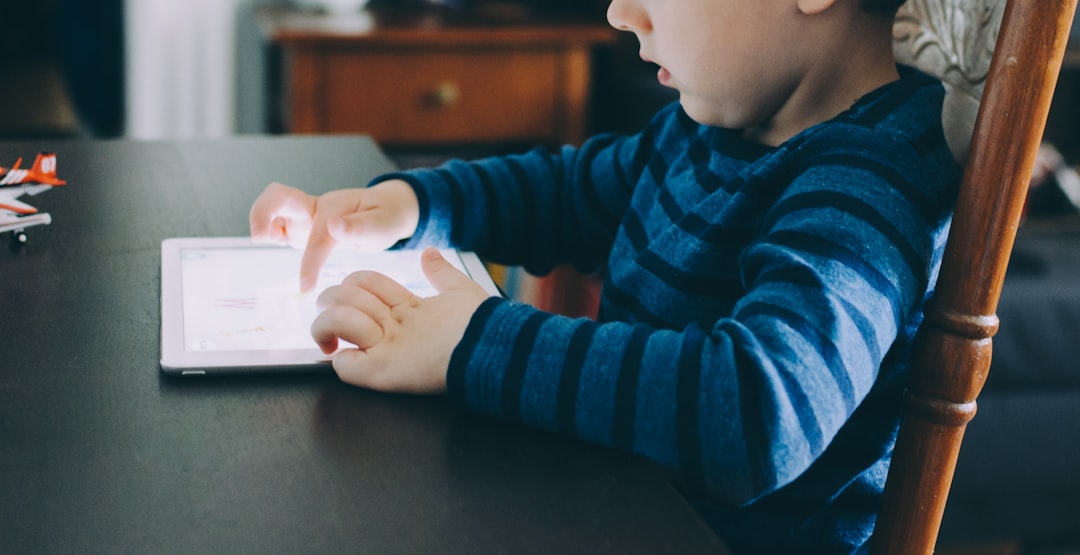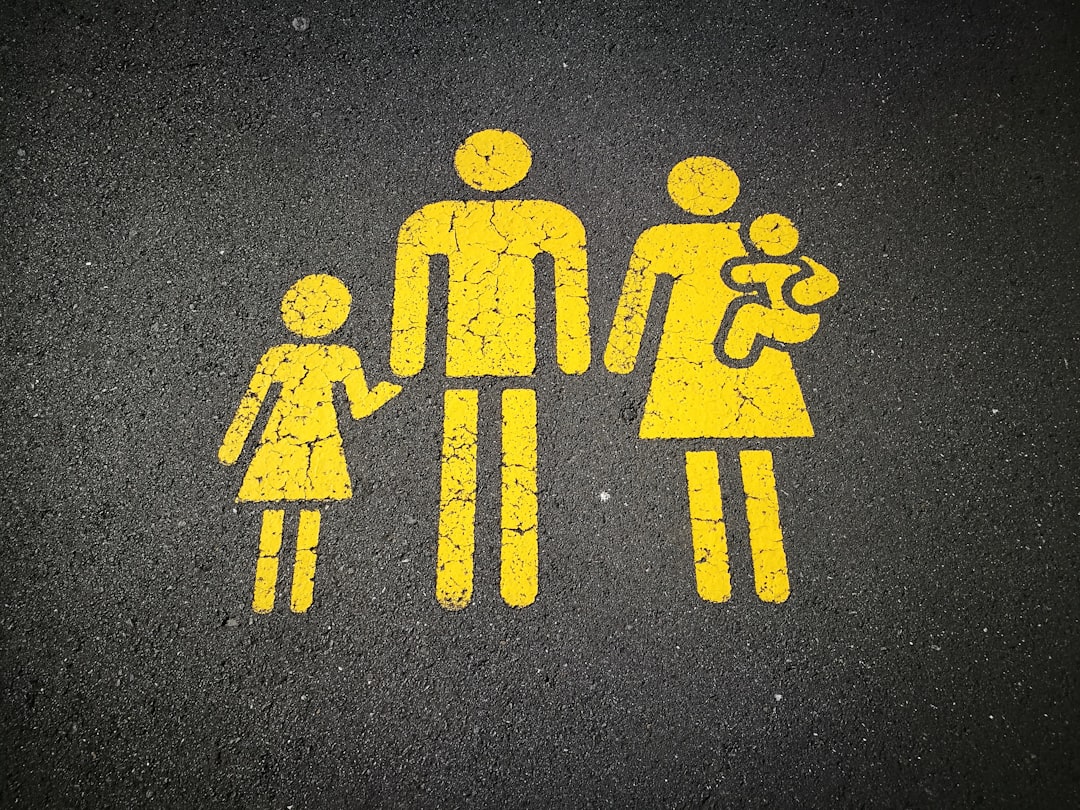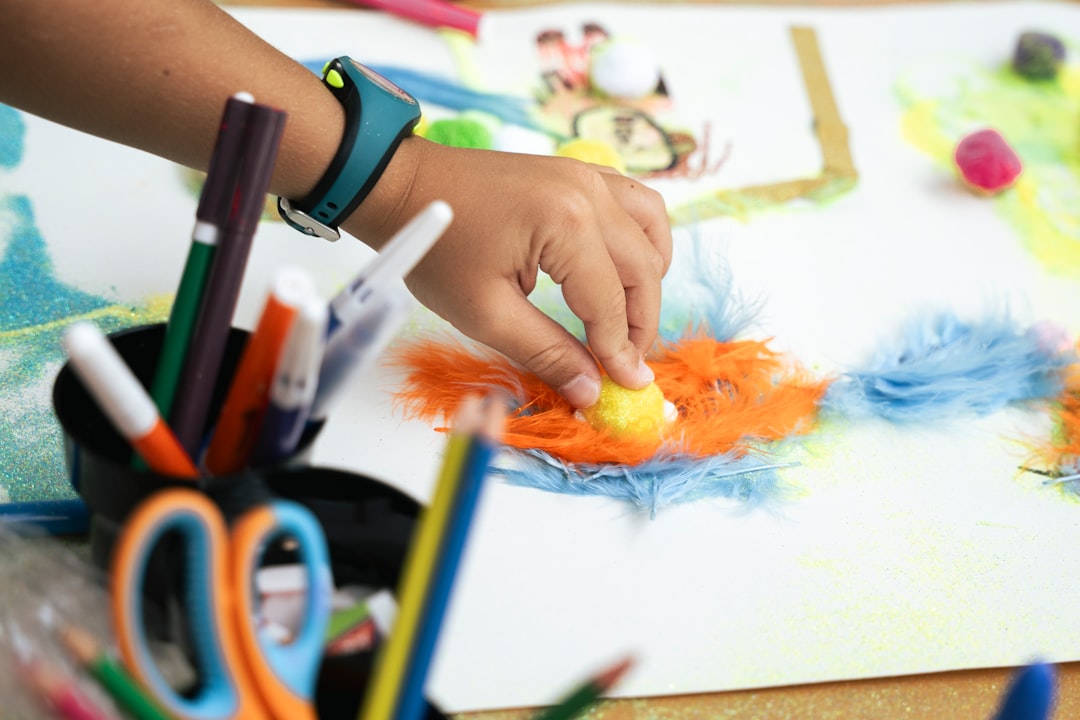Introduction:
The early years of a child’s life are not just about learning basic skills but about laying a robust foundation for lifelong growth and success. From cognitive and emotional advancements to social and physical development, the stages from birth to age five are critical. This article delves into the essential aspects of early childhood development, providing insights and strategies to foster an environment that nurtures young minds effectively.
The First Steps in Cognitive Development
Cognitive development in early childhood is about more than acquiring knowledge; it involves the development of thinking, problem-solving, and decision-making skills. From birth, children are active participants in their learning. They absorb information through interactions and play. Enhancing cognitive development can be as simple as talking to your child, reading books together, and playing interactive games that stimulate thinking and problem-solving abilities. Activities like sorting shapes and simple puzzles can also enhance their cognitive skills, promoting better learning and retention.
Emotional and Social Blossoms
Emotional and social development are deeply intertwined in early childhood. Children learn to navigate their emotions and build relationships with others through their first interactions within the family and later with peers. To foster healthy emotional and social skills, it is vital to provide children with a supportive and loving environment. Consistent responses to a child’s needs, from comforting them when they cry to sharing in their joys, help build trust and attachment. Social skills are nurtured through group play, where children learn to cooperate, share, and resolve conflicts.
The Role of Physical Growth
Physical development is a visible sign of early childhood growth and encompasses everything from motor skills to overall health. Fine motor skills can be developed through activities like drawing, playing with small objects, or dressing themselves. Gross motor skills benefit from outdoor play, like running, jumping, and climbing. Nutrition also plays a crucial role in physical development. A balanced diet rich in essential nutrients promotes brain development and physical stamina, laying a healthy groundwork for the future.
Language Skills Unleashed
Language development is one of the most critical achievements of early childhood. The journey from babbling as an infant to forming full sentences happens rapidly in the early years. Parents and caregivers can enhance language development by speaking directly to children, narrating their activities, and encouraging them to express their thoughts. Reading stories and singing songs are enjoyable and highly effective ways to enrich a child’s vocabulary and understanding of language.
The Impact of Play
Play is not just a leisure activity; it is a critical part of learning. Through play, children explore the world, learn new concepts, and develop social, cognitive, and emotional skills. Structured play, like puzzle-solving and board games, can teach problem-solving and reasoning. In contrast, unstructured play, such as imaginative play or outdoor games, allows children to express themselves and build creativity. Encouraging a mix of both types of play can provide a balanced approach to development.
In conclusion, the journey of early childhood development is complex and multifaceted. By understanding and supporting these developmental aspects, parents and caregivers can provide children with the tools they need to grow into well-rounded and capable individuals. The seeds planted in these early years can define their path, emphasizing the importance of a nurturing, supportive, and enriching environment during early childhood.




